IF YOU looked close enough on Sunday, you would have noticed 20 Indigenous children in their red, white and black school uniform forming the guard of honour at TIO Traeger Park, waving St Kilda flags as Jack Steele led the Saints through the banner.
These kids weren't from Alice Springs. They were from a remote community 325km west, where they attend Watiyawanu School in Amunturrngu (Mt Liebig). Despite being a long way from Moorabbin, they are diehard St Kilda supporters who worship Nasiah Wanganeen-Milera.
They travelled to the Red Centre with principal Mr Larry Kenny on Saturday after winning a prize from the Northern Territory government for the most improved school attendance in Central Australia.
School attendance in Central Australia is an ongoing challenge for educators in these communities. Watiyawanu School recorded a big improvement in term one of 2025 compared to 2024. Since being informed of the AFL prize, which included tickets to the game against Melbourne, accommodation and the bus ride, attendance has been 88 per cent.
There isn’t an AFL team in the Northern Territory, at least not yet, but they love the game in that part of Australia.
"Attendance is always an issue in Central Australia, particularly in the bush. Kids vote with their feet: if they don't like it, they won't come,” Kenny told AFL.com.au at TIO Traeger Park on Sunday.
"We try to encourage them to come with what I call carrots. Carrots work better than sticks. We wave carrots over the kids, so the football was a carrot. We've had 80 per cent attendance over the last seven weeks, which is very good for the bush."
Amunturrngu was established in 1979 as part of five Pintupi Luritja settlements. As the communities grew, so did intercommunity sport. Each settlement – Hassts Bluff, Papunya, Walungurru, Kiwirrkurra and Amunturrngu – supports a different football team, which explains why the Watiyawanu is designed with St Kilda colours.
"Basically every community in the Northern Territory is affiliated with a football team," Kenny explained. "This community was established in 1979 and they've always been associated with St Kilda, that is their team. When the kids are born they are indoctrinated from birth, this is your team, there is no other team for this community. They are passionate about their footy, they are passionate about the Saints."
Kenny has been at the school for 21 years. He initially moved there for a 10-week placement when he saw an advertisement in the newspaper. The plan was to use that money to then head to the United Kingdom. Instead, he found his true calling and has never left.
St Kilda won its first game ever in the Northern Territory on Sunday, but the trip to Alice Springs was more important to the club than just premiership points. Under the direction of Indigenous Player Development Manager Katrina Amon, the Saints sent up a pallet of training gear and boots to distribute to the community.
"As soon as we found out we were coming to Alice Springs we knew we wanted to engage the community and give back," Amon said.
"People from right across the club donated gear and merchandise, which we had a lot of after our logo change last year. We also collected football boot donations from local clubs, schools and communities as part of a Reboot campaign. We were then lucky to have LinFox send it all up for us, and yesterday during the captain's run we put it all out for the community.
"It was really rewarding to see kids get an opportunity to pick out a pair of boots and some Saints kit. We really wanted to engage with our community, including past-player Greg McAdam and his family. We did that this weekend and it really makes your cup full."
St Kilda has the second largest Indigenous cohort in the AFL at a time when First Nations representation has been declining at the highest level. Four of the 23 on Sunday – Bradley Hill, Marcus Windhager, Isaac Keeler and Wanganeen-Milera – are Indigenous, while Liam Henry and Lance Collard have both played senior football this year. J'Noemi Anderson and Nat Plane also represent the club in the AFLW.
Amon said the support of senior coach Ross Lyon has ensured the club's commitment to its Indigenous program has extended across the entire St Kilda Football Club, not just the football departments and the eight First Nations players across both programs.
"What we strive to do is have it through our whole club, not just the footy departments, and we are so well supported by exec and our leaders to do that and make it successful," Amon said.
"For Sir Doug Nicholls Round we had people from right across the club coming up with ideas and working with me so we make sure we are doing it right. We also had our first First Nations Family Day earlier this year in an effort to encourage and engage local First Nations families.
"We originally thought it was going to be the eight Aboriginal players doing the clinic, but Ross turned around and said, 'No we will have the whole playing group doing the clinic, we aren't just ticking the box in reconciliation, we are actually doing it'. I think that represents how the club is going with how we are trying to embed First Nations culture in not just our club but our community.
"We say we are on a club-wide yawa, which means journey, towards cultural growth and understanding, and we want as many people to join us as possible."
St Kilda returned from the Northern Territory not just with a win that kept its season alive, but a weekend of impact on a school that reminds us all how far-reaching this game is.


